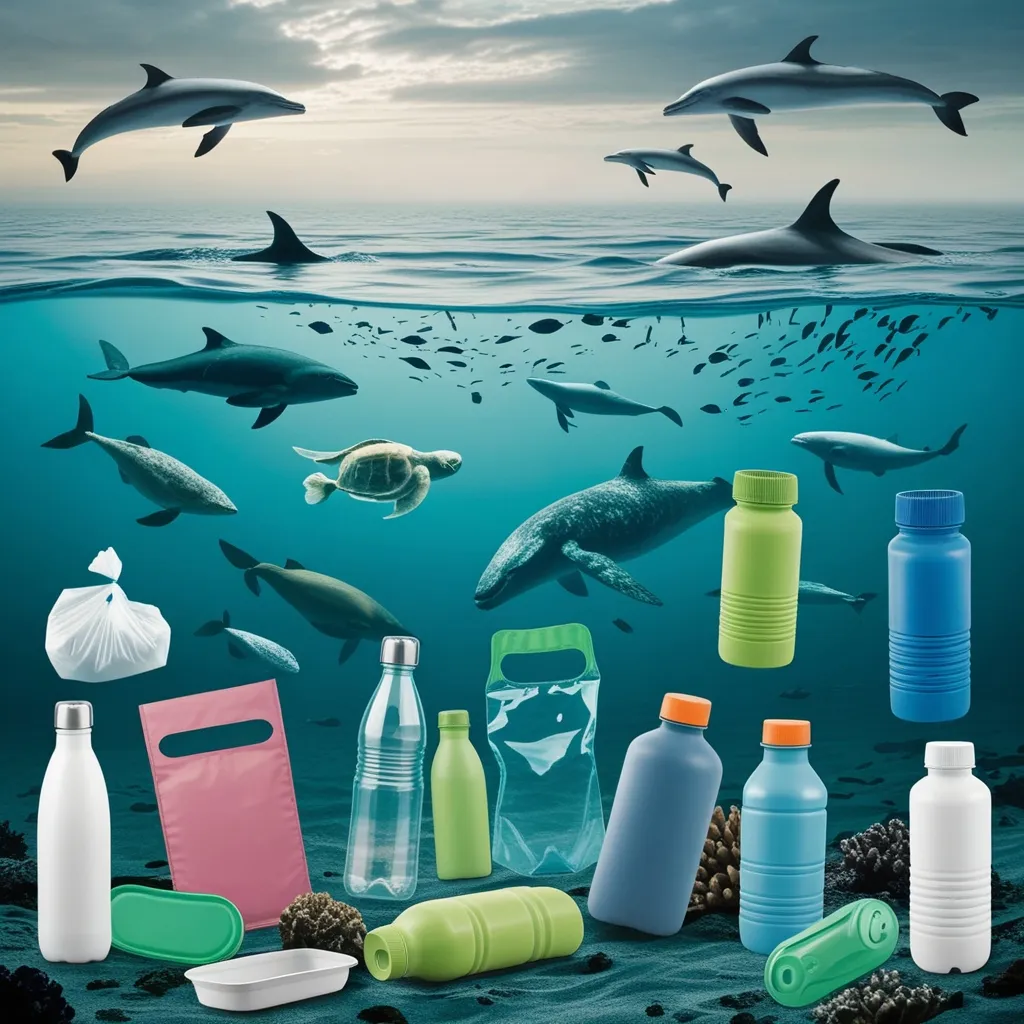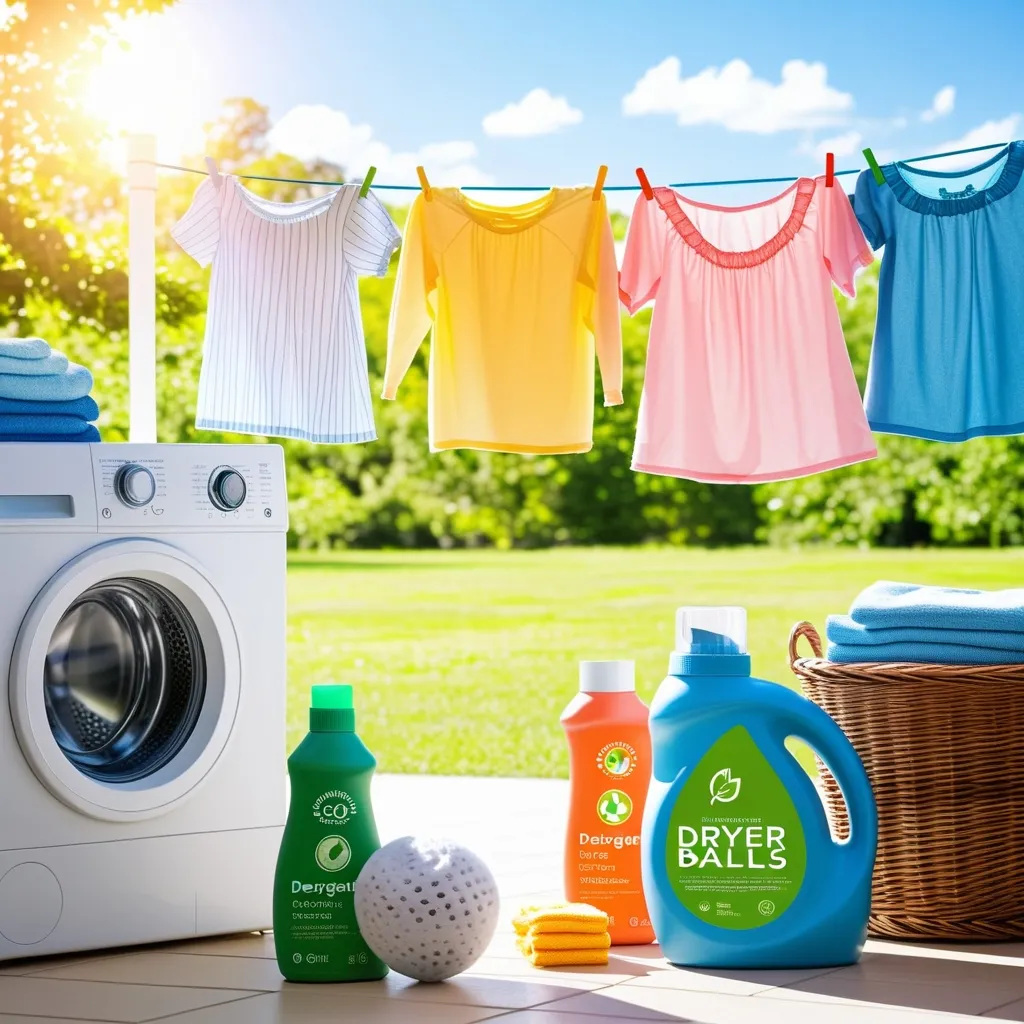You know, we’re living in a time where reducing our plastic use isn’t just a good idea—it’s critical. The sheer impact of plastic on our environment is beyond staggering. We’ve got millions of tons of plastic waste turning our beautiful oceans into dumping grounds and wreaking havoc on marine life. So, let’s talk about some easy yet super effective ways we can cut down on plastic and maybe save the planet just a bit, shall we?
Before diving into the nitty-gritty, let’s get a grip on the issue. Plastic production has exploded. Back in 1950, the world produced only about 2.3 million tons of plastic. Fast forward to 2015, and that number has shot up to a mind-blowing 448 million tons. And it’s not like this plastic just disappears. Only around 9% of all the plastic ever produced has been recycled. The rest? It’s hanging out in our oceans, soils, and waterways indefinitely.
Refusing single-use plastics seems like an easy win. Think about those plastic straws, bags, cups, and utensils—you use them once and then, bam, they’re trash forever. Next time you’re at a restaurant, try asking for no straw. When you head out to shop, bring your own reusable bags. It’s a small move but powerful when you think of its long-term impact.
Speaking of reusables, they’re basically your new best friends. Ditching plastic water bottles for a reusable one is a great start. Brands like Starbucks and Dunkin’ are cool with you using your own bottles for drinks. Packing lunch? Switch to reusable sandwich bags and containers. These small tweaks to our routines can collectively make a massive difference.
Sustainable packaging is another area to consider. Start choosing products that come in materials other than plastic. Aluminum and glass, for example, are awesome alternatives ‘cause they’re infinitely recyclable. So, next time you’re stocking up the kitchen, opt for those cool glass jars instead of flimsy plastic containers.
Crazy as it sounds, scientists are coming up with some incredible biodegradable alternatives to plastic. Imagine a spray-on food coating that keeps produce fresh and rinses off with water. It’s like the magic eraser of the food packaging world. Goodbye, plastic wrap!
Agriculture is pitching in too. Materials like hemp, husks, oat hulls, and cotton burrs are being turned into biodegradable packaging. Bagasse—leftover material from sugar cane—can replace those nasty single-use plastic containers and plates. These things break down easily and don’t hurt the planet.
And get this, researchers at MIT have created a material using cellulose from trees plus a synthetic polymer. It’s stronger than some bones and harder than typical aluminum alloys. This stuff could replace materials like PVC piping and eventually revolutionize building maintenance.
Let’s not forget bioplastics and recycled plastics. Bioplastics come from renewable sources like plants and algae. The catch? They need to be truly biodegradable and compostable to avoid adding to the existing plastic mess. Recycling plastic into new products is also a great route—it reduces waste and conserves resources.
Food packaging waste is a big deal. Sure, it’s important to protect food, but over-packaging is just wasteful. Picking products with minimal packaging helps. Buying in bulk with your own refillable containers not only cuts down on plastic but also helps minimize food waste, which is a huge contributor to greenhouse gasses.
Spreading awareness is key. Your personal efforts are fantastic, but think bigger. Let restaurants know you appreciate their use of reusables over disposables. Get your friends and family on board with sustainable practices. Join community initiatives focused on reducing plastic waste. Sometimes the small voice can echo large changes.
For long-term impact, consistency is king. Make it a part of your daily routine to refuse single-use plastics. Look out for products with minimal packaging and stick to reusable items like water bottles and grocery bags. These habits, once formed, collectively lead to massive reductions in plastic waste over time.
In the world of building and construction, changes are happening too. Recycled plastics are making their way into building materials, slashing carbon emissions by up to 50%. Innovations like UBQ™—a material made from trash—are being used in decks, floors, and wall claddings. It’s sustainable and super practical.
The automotive industry is not left out. Car companies are experimenting with bioplastics and recycled plastics, reducing their carbon footprint. Car parts and packaging made from these materials significantly cut down waste and emissions.
Reducing plastic use is more than an individual endeavor; it’s a collective responsibility. By embracing simple practices like refusing single-use plastics, switching to reusable items, and choosing sustainable packaging, we’ve got the power to create a meaningful impact. Innovations in biodegradable materials and recycled plastics are paving the way for a greener future. Time to step up and make those conscious choices for our planet.





